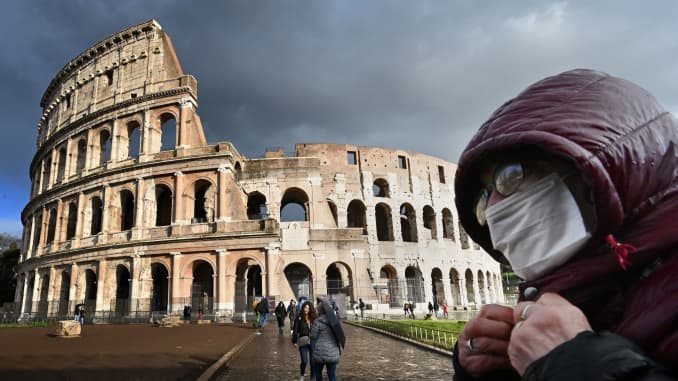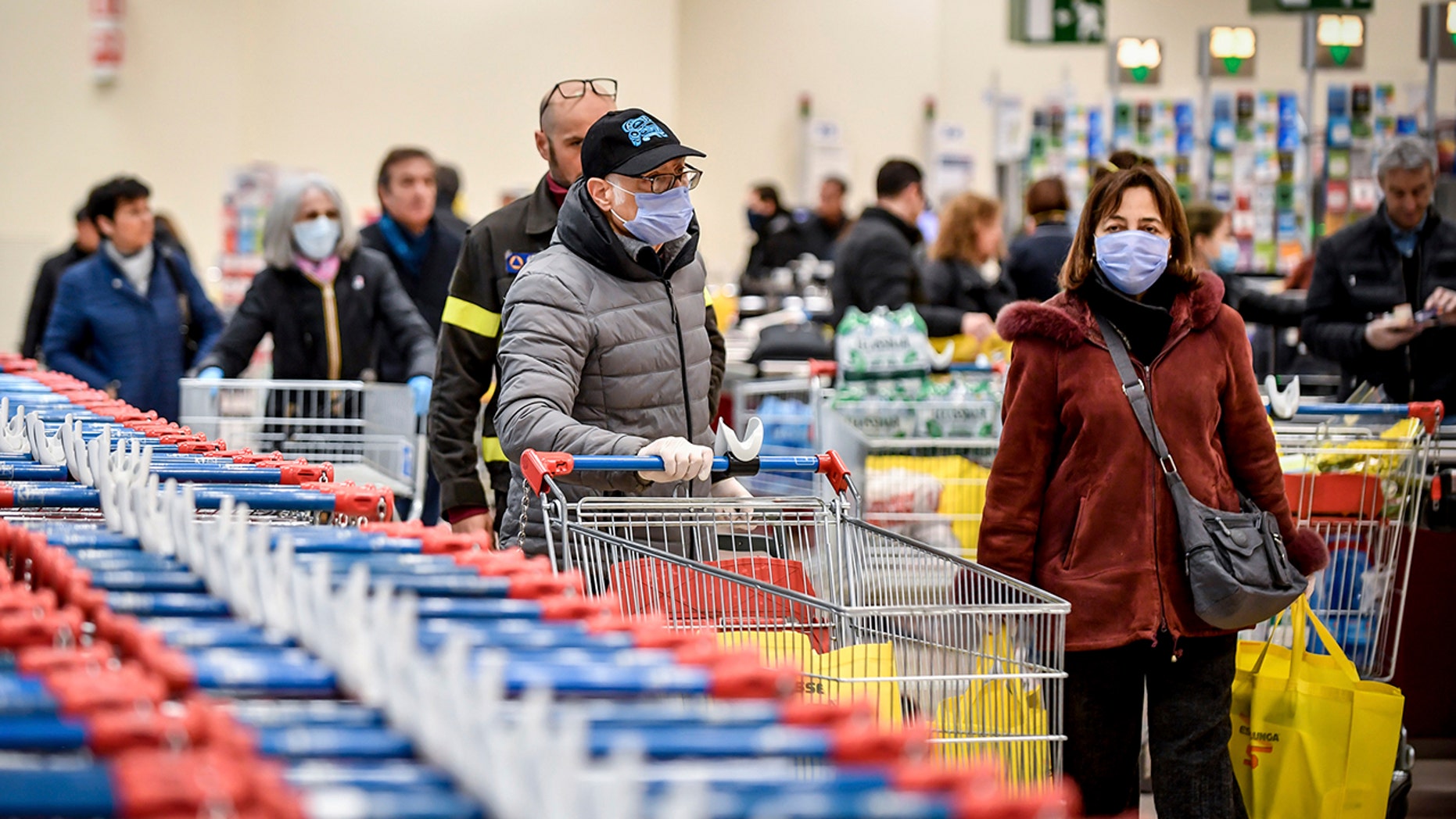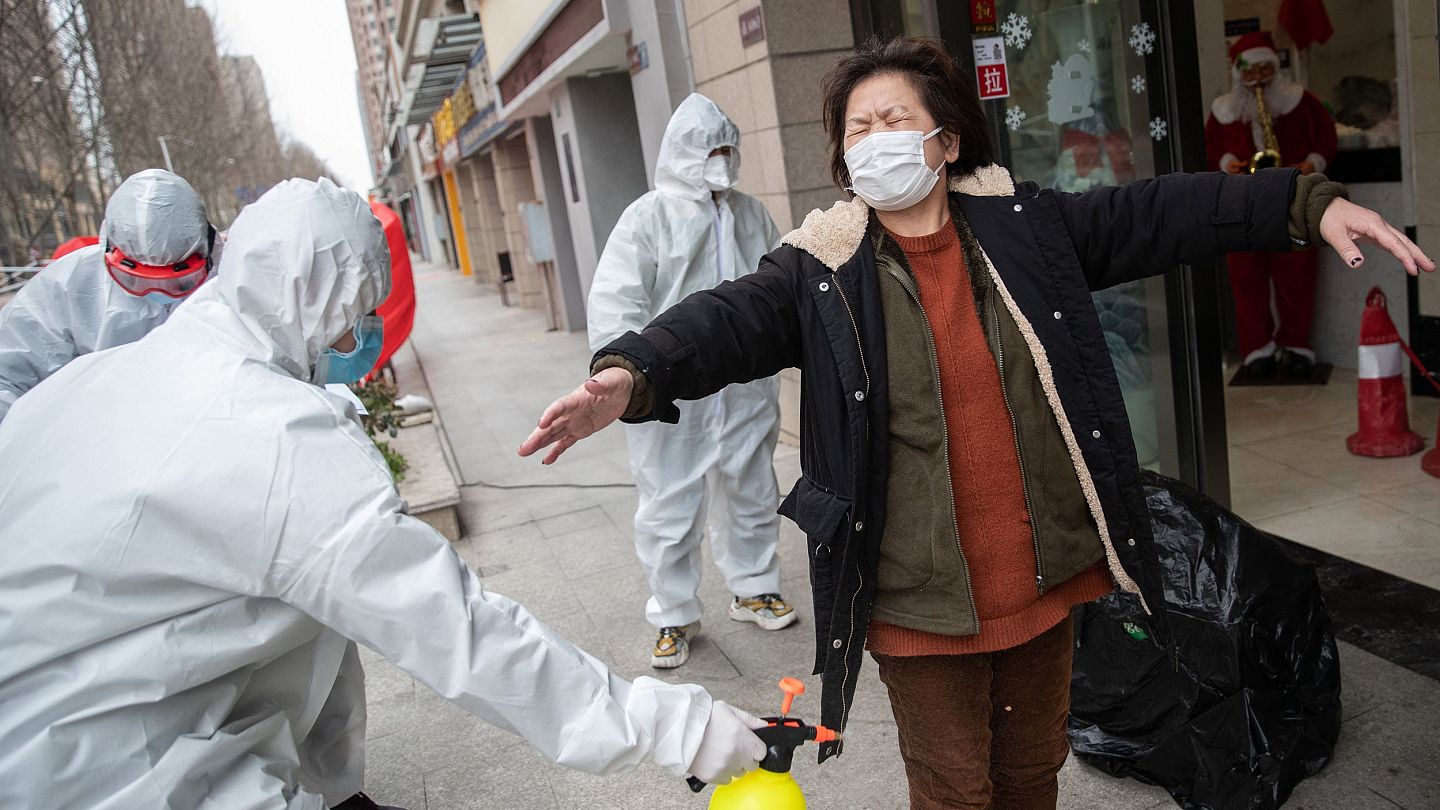
As the outbreak of the Wuhan Coronavirus (aka COVID-19 or 2019-nCoV) pandemic is happening around the world, there are many confirmed cases all around the world, meantime, there are many cured cases too. But have you ever wonder whether a person could catch the virus more than once?

Coronaviruses such as HKU1 circulate seasonally and infect people with the common cold multiple times in their life.
According to Professor Bill Rawlinson (Australian infectious disease expert), it is known that we could get those coronaviruses more than once but currently, we still lack definitive scientific evidence to prove that reinfection is possible with the latest virus.

Cases of reinfection
Fears over reinfection have been kindled by many cases in which the cured and discharged patients test positive for the virus again.
A Chinese study showed that 14% of discharged patients tested positive for the virus again a few weeks later.
Besides, a Japanese woman (a tour bus guide in Osaka) also suffered a sore throat and chest pain other than being tested positive for the coronavirus for a second time.
According to Professor MacIntyre (head of the Biosecurity Research Program at the Kirby Institute), it is difficult to justify whether it was reinfection or it was just the fact that they were still actually infected and not cured, but it is probably more the latter than the former.

The truth behind reinfection
Professor Rawlinson said there was not enough data to conclude that the case of the Japanese woman was due to reinfection.
One reason might be after being diagnosed with COVID-19, the woman was struck down by another viral infection but portions of the virus that causes COVID-19 remained in her body were finally detected in the test.
Another is that the virus was in her lower respiratory tract the whole time, before reactivating in her lungs. The third scenario (less likely to occur) is that the woman was infected for the second time with the coronavirus.

Professor MacIntyre said there was a mutual effort worldwide to develop a vaccine to protect against COVID-19.
Based on the studies about SARS, after infection, you will get protective antibody levels which can last at least 1.5 to 2 years. She added that it is too early to determine if this will become seasonal and keep circulating because it depends on what percentage of people in the population are infected with the virus at the end of a couple of years.

Hopefully, the vaccine would be developed as soon as possible to reduce the suffering of the infected people as well as their beloved families.





